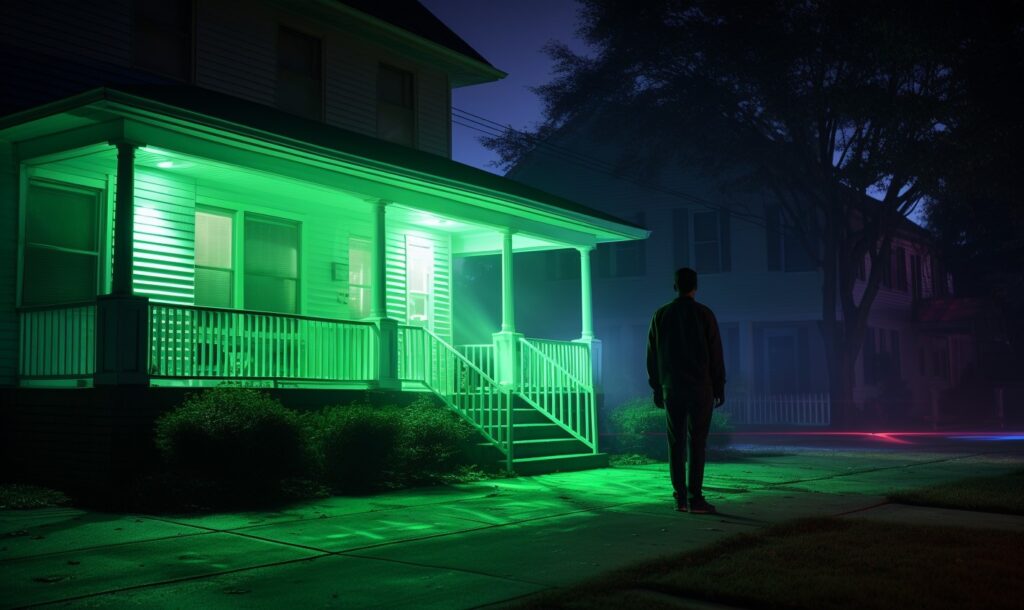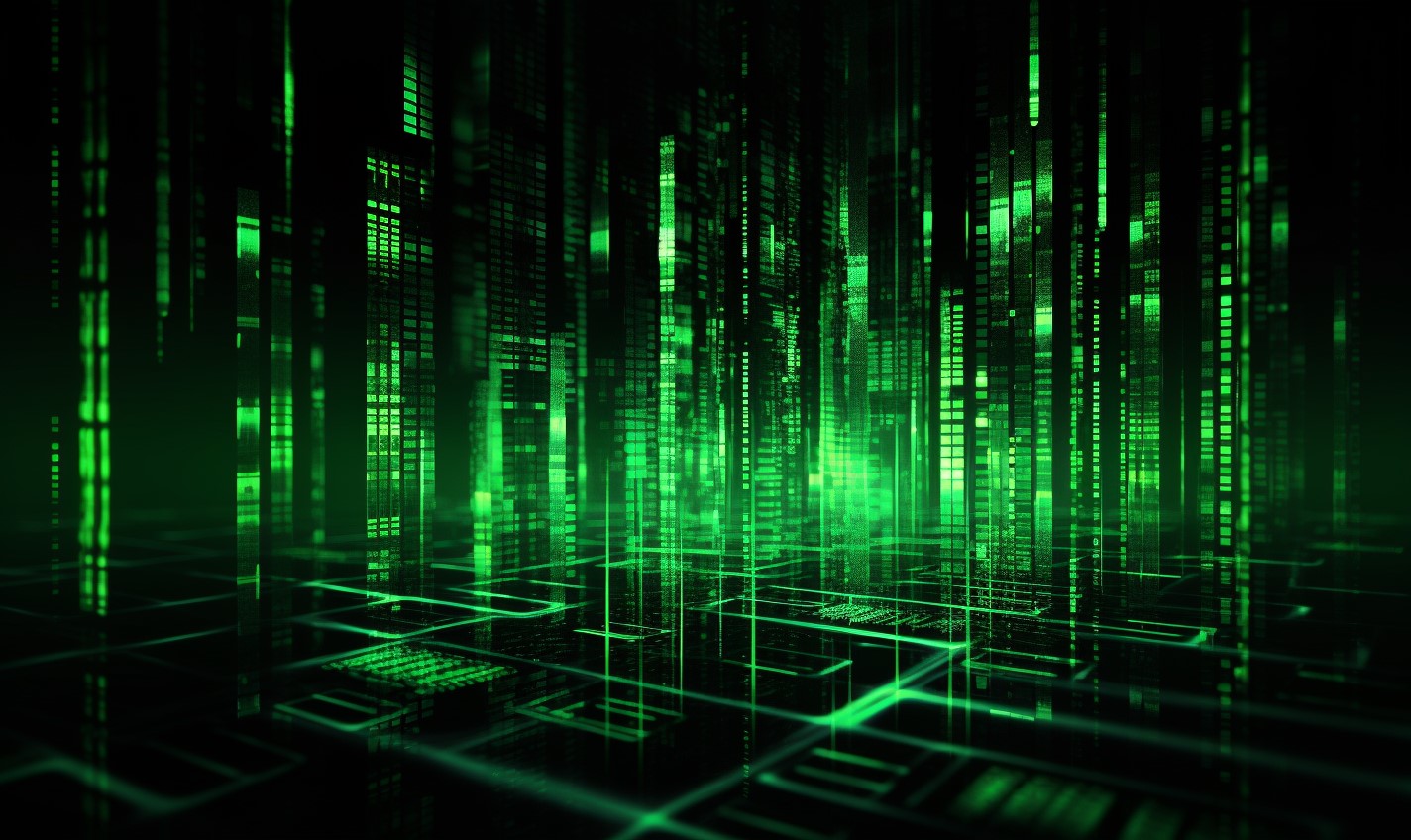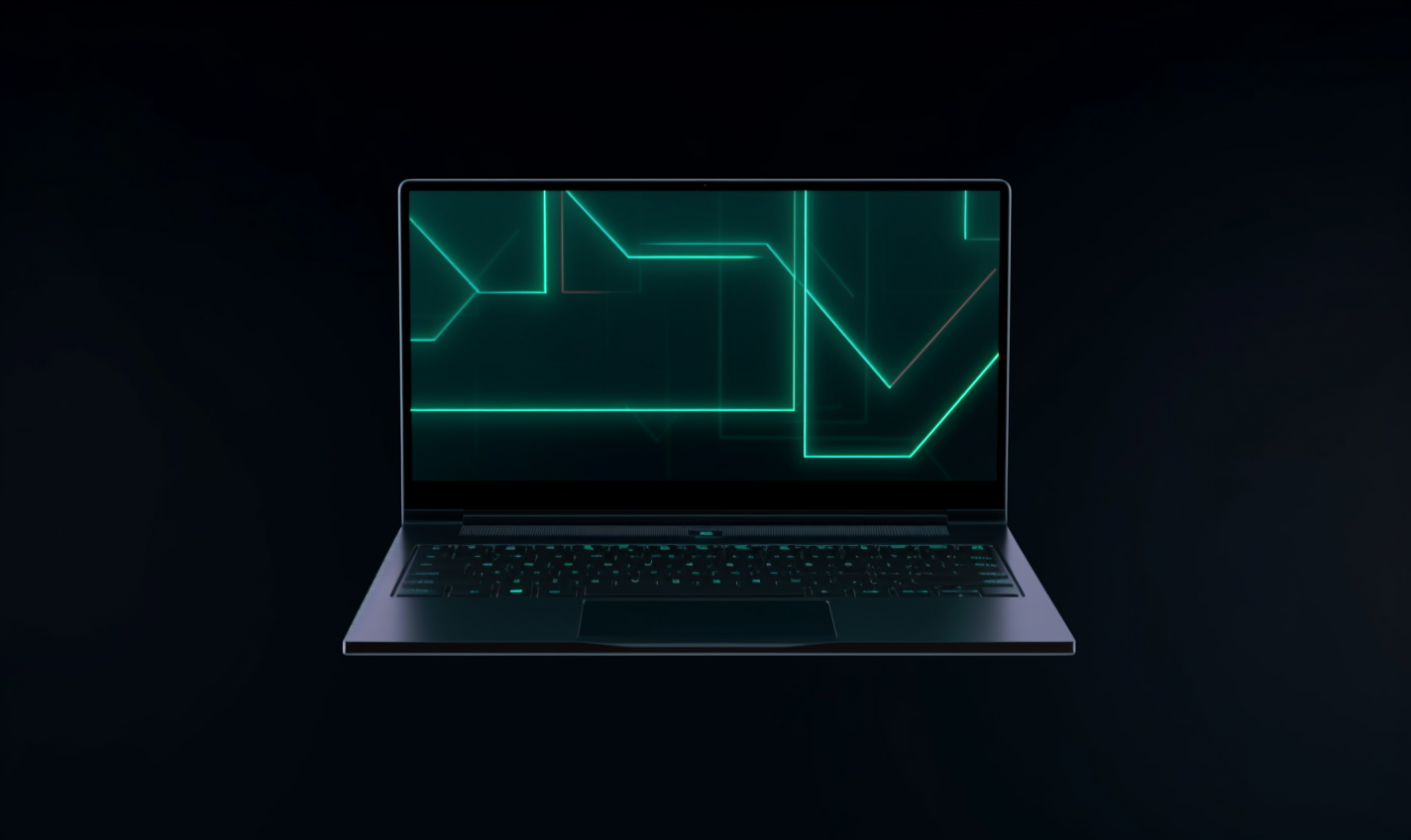Do you have concerns about privacy and coronavirus?
COVID-19 is an unprecedented pandemic that is bringing everyday life to a halt on all levels. From lockdowns to social distancing, you may be currently experiencing the protective measures some governments are trying to enforce to keep people safe.
As the coronavirus spreads from country to country and continent to continent, economies, public health and jobs are all at risk. Privacy, though, is also an important factor during this outbreak.
Privacy for non-infected civilians and those diagnosed with the coronavirus will differ. Each country is going to approach standard privacy differently, too, with different laws and regulations in place. Privacy has been a concern long before the COVID-19 outbreak, but as the pandemic spreads and instills more fear, this matter becomes more complicated.
Here’s how privacy handling will differ for those who are not infected and those who are.
Non-Infected Civilians
Fear is a common theme among those who have the virus and those who don’t. Though there have been pandemics before, COVID-19 appears to be unique in that it’s spreading rapidly and overwhelming health care systems and entire countries. As more nations start to mandate social distancing and lockdowns, privacy comes into question. This issue then propels even more fear.
The outbreak began in Wuhan, China. The Chinese government was quick to lockdown Wuhan and all 11 million of its residents. With a population of that magnitude, enforcing a lockdown would be inherently complicated.
The Chinese government started to use technology to keep everyone in their homes. And while these actions were in the interest of public health and safety, many believe they blur the lines between civil liberties and governmental control. Chinese officials used various apps like WeChat and Alipay, as well as license plates, to track people’s movements. They also started to implement facial recognition in cameras and drones.
As for the patients who had to quarantine but didn’t necessarily have the disease, officials gave them wristbands that could track their movements. Elsewhere, Russia also implemented facial recognition for tracking services.
These measures may be to keep everyone safe from transmitting the virus, but they call into question how much control governments should have over the public. Of course, the Chinese government is going to differ from many other countries — each having its own set of laws and regulations around privacy.
Infected Patients
Fear of having the virus is already enough to deal with for infected patients. However, growing privacy concerns also affect those with the coronavirus. While the United States most likely isn’t going to venture into facial recognition technology for patient tracking, patient information is the biggest concern.
The balance of public health and safety with individual rights is a primary concern for health care providers and infected patients. While there are rules and regulations from HIPAA regarding COVID-19 — which prevent governments or health care facilities from revealing certain information — this pandemic puts pressure on those guidelines.
If patients’ names are exposed, this information will deter others from seeking treatment at the facilities where they’re staying. This event would lead to a rapid spread of the disease for those who reject treatment. While exposing names seems unlikely, other information may come into question. County, town and age are all factors that the public might expect to hear.
The privacy problem gets more complicated, though, as it depends on each state within the U.S. Each state government has different laws. New Jersey may provide patients’ county and age, but Pennsylvania might only offer which counties patients are in and how the virus was transmitted.
Revealing identifiers like names or racial backgrounds could propel stigmatization. And since anti-Asian racism has increased due to the origin of the virus, certain information must remain confidential to reduce stigma and racial violence.
Since the virus has exponentially increased in the U.S., some experts believe state governments and the general public will no longer put as much pressure on health care providers to reveal names. Instead, the focus will shift to looking for answers because of the mass increases in daily cases.
How to Stay Safe
Fear and uncertainty are driving factors during this pandemic. People want to know how the coronavirus is spreading, how they might get it and when it will end. Unfortunately, health experts and government officials don’t have a clear idea about where things will go from here. The most common answer you’ll hear is, “It depends.”
It does depend on many factors — social distancing, government aid and public cooperation. The idea of social distancing or self-quarantining can be scary. But you can think of it as an extended business trip, as in staying where you are and not traveling for a prolonged period. With no movement, you won’t have to worry about any privacy issues that come with or without the virus.
The key way you can stay safe and help slow the spread is to stay home. This is going to be a difficult time, but public cooperation will help flatten the curve.
Recent Stories
Follow Us On
Get the latest tech stories and news in seconds!
Sign up for our newsletter below to receive updates about technology trends














